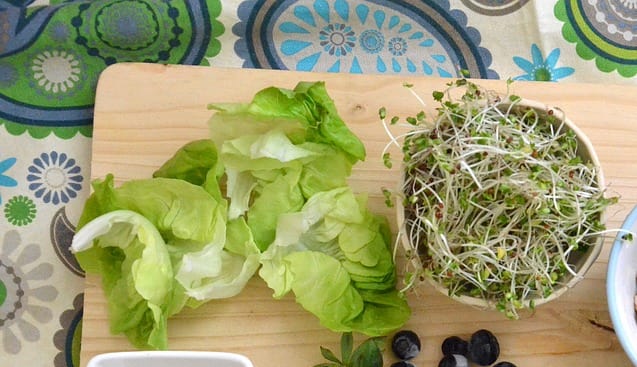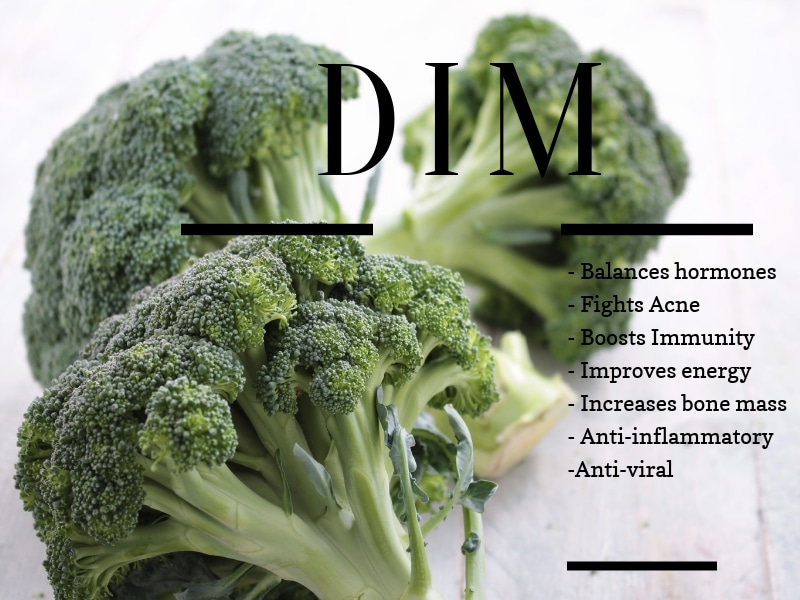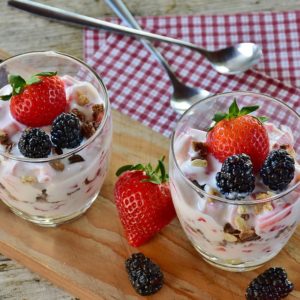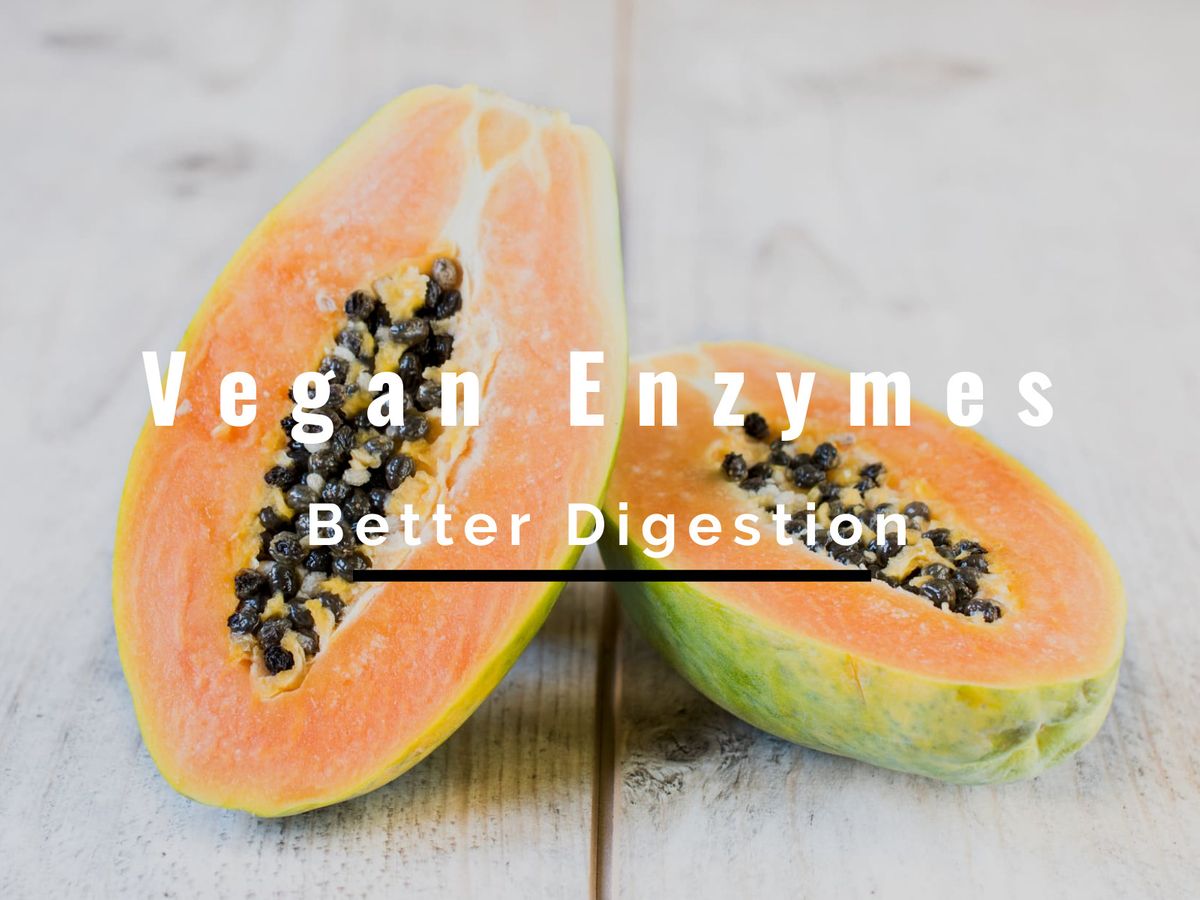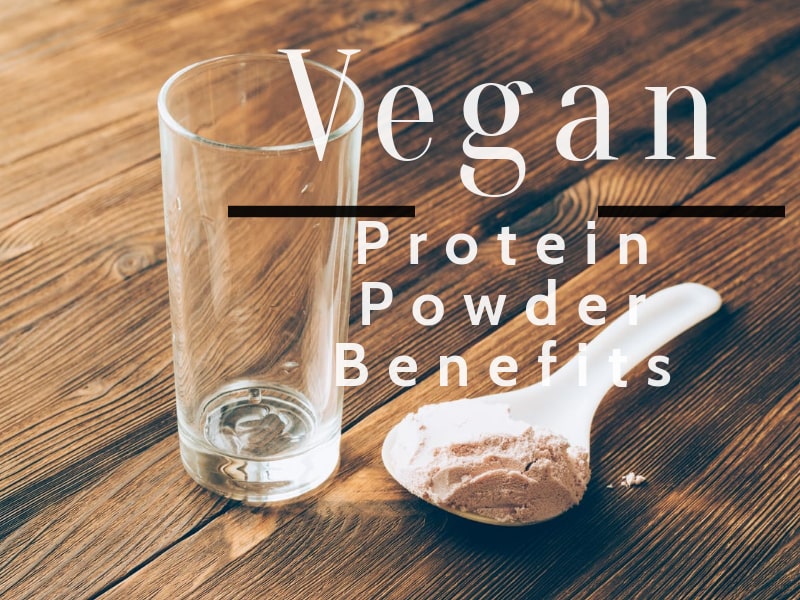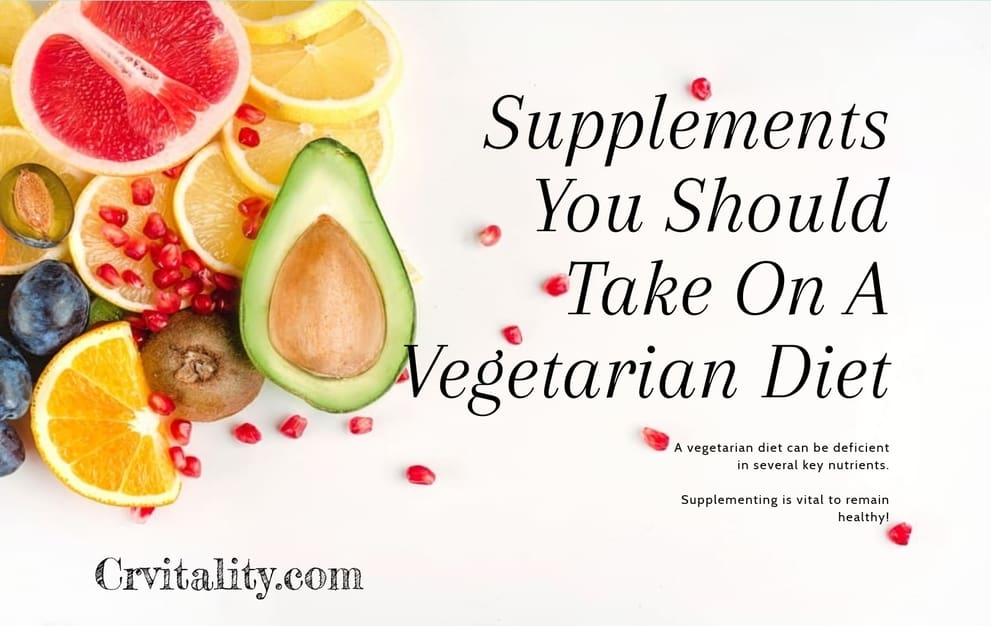Disclosure: This article may contain affiliate links. If you decide to make a purchase, I may make a small commission at no extra cost to you.
Bacteria are everywhere, and not just found in specific probiotic yogurts which contain dairy. If you read most health websites, you’d think that the only way to get these good bacteria is to consume dairy products. Well, I’m glad to say that is just not the case. Vegan probiotic sources, including supplements, do exist and I’ll show you some of the best available.
Most of us have probably taken antibiotics at one point or another. There is just so much pressure to prescribe antibiotics that they are often prescribed when they aren’t needed. This is a huge problem and one that can have some major health implications later on.
When you go vegan, you’re doing your body a great service, not just the animals. You’re allowing the body to heal itself and create the best conditions for healthy gut bacteria to thrive. Sometimes though, the gut is so messed up from years or junk food and antibiotics, we need a little help.
According to research, probiotics can really make a difference in preventing and treating stomach problems. But the doses need to be very high and consistent. There are also several factors which determine how well the probiotic will work.
Below I’ve listed three products which are verified and clearly stated as being vegan-friendly. Each has its pros and cons, which I’ve gone into more below. However, if you’re in a rush, below are 4 probiotic supplements that I recommend you check out!
Top probiotic supplement picks and buyer’s guide for vegans
Confusion is a word that comes to mind when sifting through a huge collection of probiotics available today.
I don’t know about you, but I’d rather be doing something else than reading a list of ingredients on the back of the bottle for half an hour trying to find the right product.
When choosing the right vegan probiotic, there are a few things we need to look out for!
- Are the bacteria strains in the probiotic resistant to stomach acid?
- How many colony forming units are in the probiotic and were they cultured.
- Do the strains included have any science behind them? Are they even effective?
- Making sure that there is clear labeling on the product saying “Vegan.”
- A plus would be free from gluten, soy, preservatives, genetically modified and artificial ingredients.
- Be as natural as possible while providing maximum benefit
Below are a few of the most popular probiotics which meet most or all of the criteria above for choosing a good vegan probiotic.
#1. Ora Organic Probiotics and Prebiotics (20 Billion CFU)
Ora probiotics provide 6 scientifically proven strains of bacteria which help improve gut health, boost your immune system, as well as improving hair and skin health.
The great thing about this probiotic also is that it contains a high dose of good bacteria (20 billion) combined with prebiotics to allow them to flourish and take up residency while starving the bacteria of nutrients.
The probiotic is completely natural and organic, with no funny ingredients that sound like they’re from another planet.
Ora probiotics also is a powder that you can simply add to your daily glass of water or throw some into a smoothie. It has no sugar, but its flavor comes from natural ingredients included in the probiotic.
Main ingredients
Food: organic apples, Raspberry, Artichoke, tapioca
Probiotic strains: L. acidophilus, L. Reuteri, B. Bifidum, B. Breve, B. Lactis. B. Longum.
Although vegans usually get plenty of fiber, you get an extra boost with this supplement as it contains around 20% of your fiber needs for the day.
The strains in this probiotic have been shown to improve gastrointestinal discomfort (conditions like IBS), improve the immune system, improve hair growth and skin health.
You also get around 30 days of supply as well. Which works out great value for the cost!
I put this probiotic as number one on the list because it meets all of the criteria above and some more! I really like that it’s a powder that you can just add to your food or drinks.
But if you prefer just to take capsules, Ora does have a probiotic capsule supplement as well.
See current price and more information
#2 Vegan Probiotic Supplement – Dr. Formulated for improved digestion and stronger immune system
This probiotic contains a lot more strains than the previous probiotic, but because of that, you get a little less of some of the most beneficial type of bacteria.
But variety is the key to life as they, and perhaps the gut as well.
The probiotic also contains an ingredient called L-Glutamine. It was formulated to include this to help people repair leaky gut syndrome and to enhance absorption of the probiotic.
Dr. Ian Stern has been in the business of health and nutrition for 20 years and sought to develop a high-quality supplement to improve gut health, but void of any of those other potentially harmful and artificial ingredients found in other products.
Like the previous probiotic, Dr. Formulated supplement contains no preservatives, artificial ingredients, GMO, gluten or soy. It’s truly simple, natural, and effective.
The probiotic itself is also contained in vegan pullulan capsules. This basically helps keep the bacteria safe and alive so they can be delivered to the gut and still be able to grow and proliferate. They also mention that these type of capsules can increase absorption by 300%!
To help the bacteria grow, it also contains prebiotics.
Main ingredients
L-Glutamine, organic inulin (prebiotic), L. acidophilus, L. fermentum, L. plantarum, L. Rhamnosus, L. Salivarius, L. Paraecasei, B. Bifidum, B. Inftantis, S. Thermophilus, L. Casei, L. Bulgaricus, B. Lactis.
Most of the reviews on this probiotic are really positive, I’d recommend checking them out to see what you can expect.
See current price and more information
#3. DEVA Nutrition Vegan Probiotic
If you want simple and cheap, DEVA has a great probiotic with one specific type of bacteria, for one specific purpose: to improve gut health.
The probiotic only contains Bacillus Coagulans, which does not require to be grown using dairy. One of the benefits of this type of bacteria is its high resistance to stomach acid and its ability to survive transit to the gut.
Studies have shown that B. Coagulans has many benefits.
- Helps the gut by regulating lactic acid and maintaining a healthy pH balance to inhibit the growth of bad bugs
- Studies have shown that this type of bacteria is able to boost T-cell response and protect against viral infections
- Randomized clinical studies have proven that Bacillus Coagulans can relieve stomach complaints such as bloating, pain and diarrhea
- Promotes the absorption of nutrients from the foods you eat
One of my gripes about this supplement is that it only contains one type of bacteria when we know that there are many others which provide benefits to human health.
That being said, it has a few positive things going for it.
- It’s quite cheap good for those who want to take a probiotic but have a tighter budget
- Each capsule contains around 2 billion CFU of Bacillus Coagulans and you get 90 capsules in a bottle
- The probiotic also contains inulin, which is a prebiotic known to support the growth of good bacteria
Deva is a well-known brand among vegans and provides decent supplements at a relatively low cost compared to the more premium brands out there.
See current price and more information.
Do vegans need to take probiotics?

Gut health is one of those neglected areas of our health. It’s hard to tell what’s going on in their right? I mean, unless you have some obvious stomach problems, how do you know if your gut health is the best it can be?
You can actually get tested to look at your gut biome in more details. Sounds fascinating to me, but I’ve never had that done!
From a personal perspective, I took antibiotics for a long time and knew that my stomach couldn’t have been in great shape.
I never wanted to take antibiotics, but I simply had to at the time. But with the help of a vegan diet and good probiotics, I was able to restore my gut health back to health.
It can take some time though. Rome wasn’t built in a day, and neither will the healthy bacteria colonies in your stomach. Although, they do multiply pretty fast!
Some of the signs of poor gut health can manifest as other symptoms. Here’s a quick list of things that you should look out for:
- Do you have abdominal discomfort and suffer from either constipation, diarrhea, stomach bloating, gas, or irritable bowel syndrome?
- Are you suffering from asthma, allergies or autoimmune conditions, especially after taking antibiotics?
- Have you been prescribed and taken multiple courses of strong antibiotics?
- Are you suffering from skin conditions like acne, eczema or psoriasis?
- Do you suffer from anxiety or depression? (gut health as a strong link to mental health)
- Are you developing infections like often?
- Have you been under a lot of stress lately? (stress can shift gut bacteria balance in a negative way)
How long should you take a probiotic for?
So now that you’ve decided you want to take a probiotic, how long do you need to take one for? Should you take it for the rest of your life?
Well, the answer to that question isn’t so clear. We know that probiotics can really make a difference and improve gut health in people taking them short term, but unlike vitamins and minerals, they aren’t required every day to be healthy.
Ideally, you should keep a bottle of probiotics around at all times in case of need. Say if you need to take an antibiotic for an infection, this will destroy all the gut bacteria. But if you have a probiotic at hand, you can replenish healthy bacteria after each antibiotic dose.
Taking a probiotic while you take antibiotics can also prevent some of the side effects associated with them like diarrhea.
The second scenario could be that you’re stressed and sick, and you want to give your immune system a little boost.
When is the best time to take probiotics? Dr. Greger looks at that question in the video below
Benefits from taking probiotic supplements
Probiotics help improve health in various ways. Here are some of the main benefits of taking probiotics.
- Improved digestion and absorption of nutrients from the diet
- Less bloated and flat stomach
- Healthy mental well-being
- Improved immune function
- Better skin and hair growth
- Possible reduced risk of cancer, especially in the colon
- May reduce allergy symptoms according to some studies
Foods to boost their effectiveness
All of the probiotics I mentioned in this article contain a prebiotic known as inulin. The great thing about a vegan, plant-based diet, is that it already contains so many foods which support a healthy gut.
- Raw garlic is known to help promote the growth of bifidobacteria in the gut
- Jerusalem Artichoke has been found to boost friendly bacteria in the colon
- Chicory root contains plenty of inulin fiber to help boost good bacteria and improve digestive health along with probiotics
- Leeks also contain around 16% inulin to support gut health
- Barley contains beta-glucan, which has been found to improve the growth of good bacteria in the gut as well as boost the immune system




